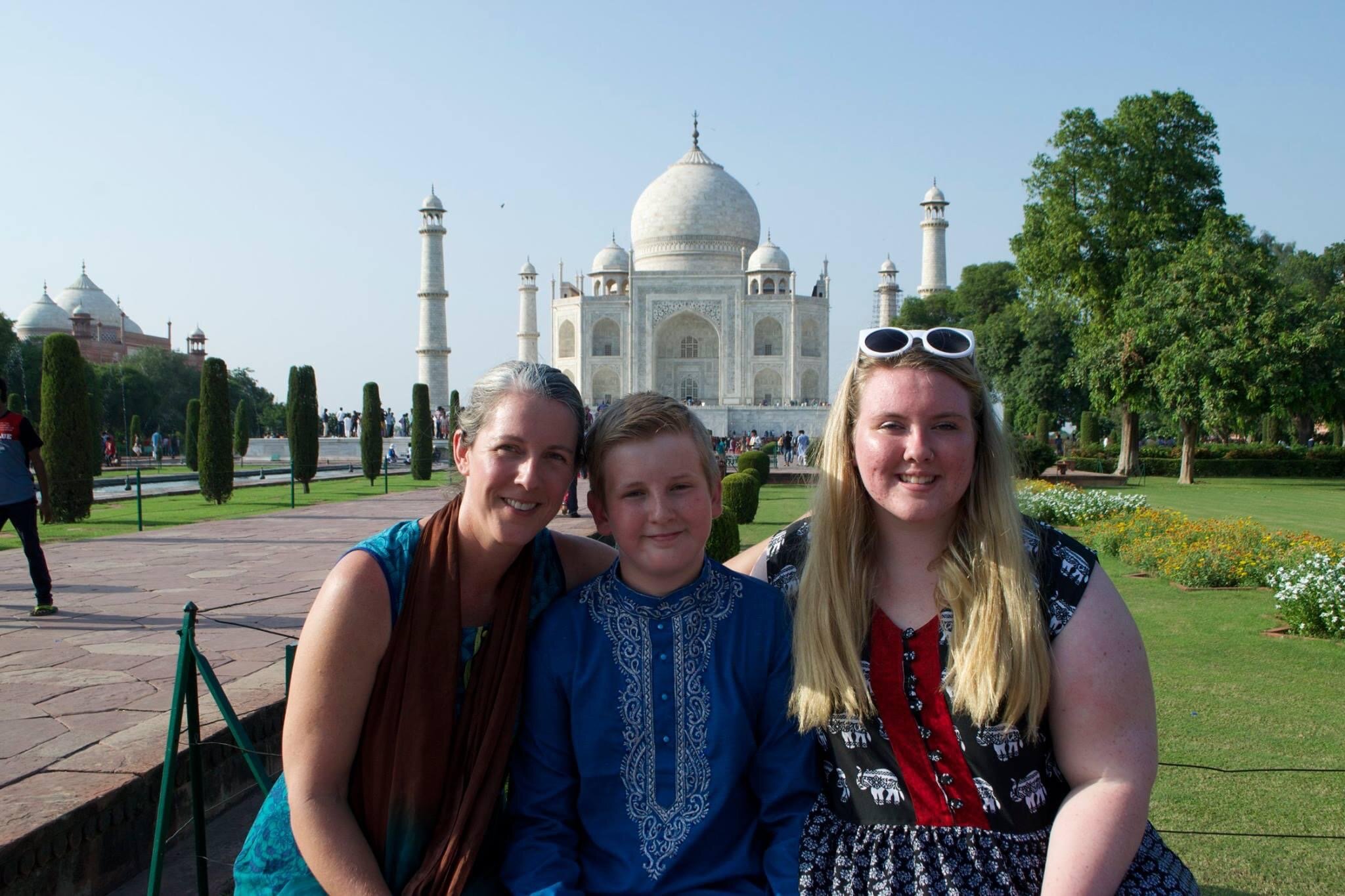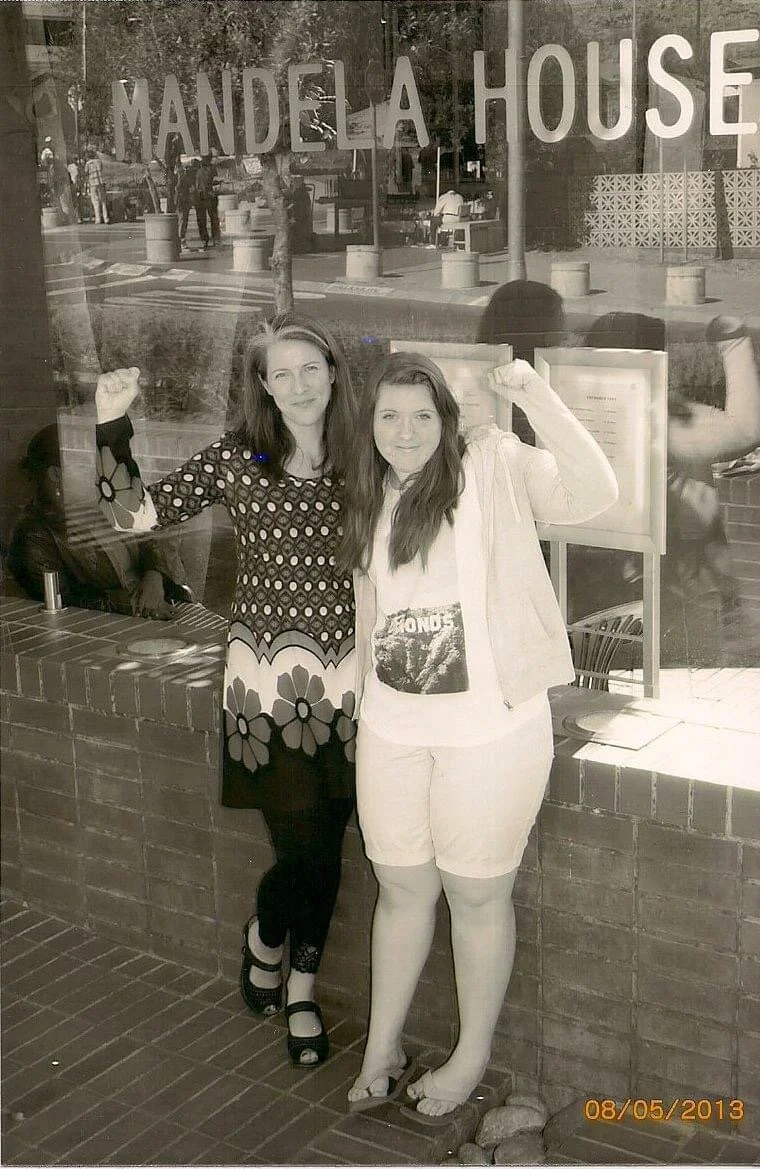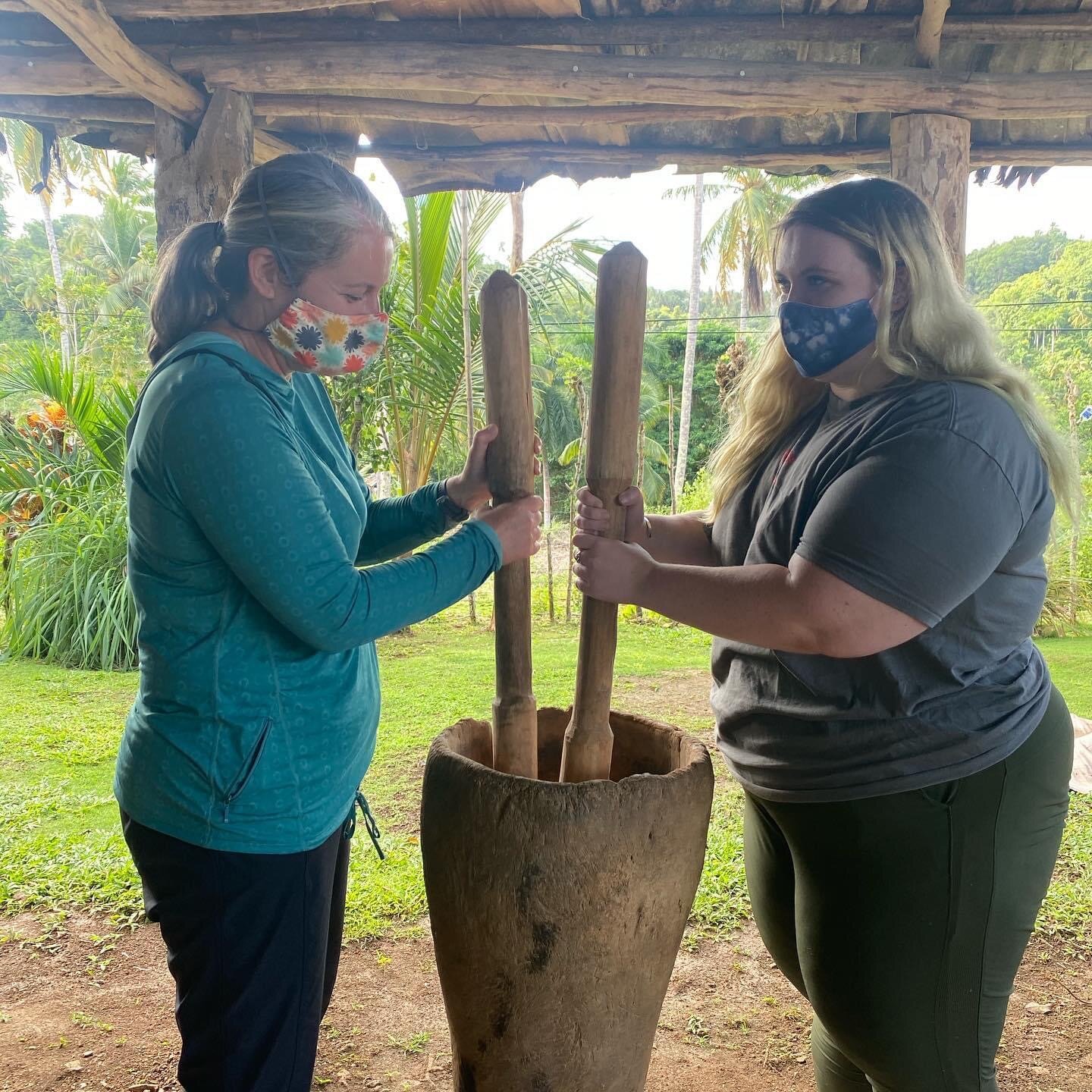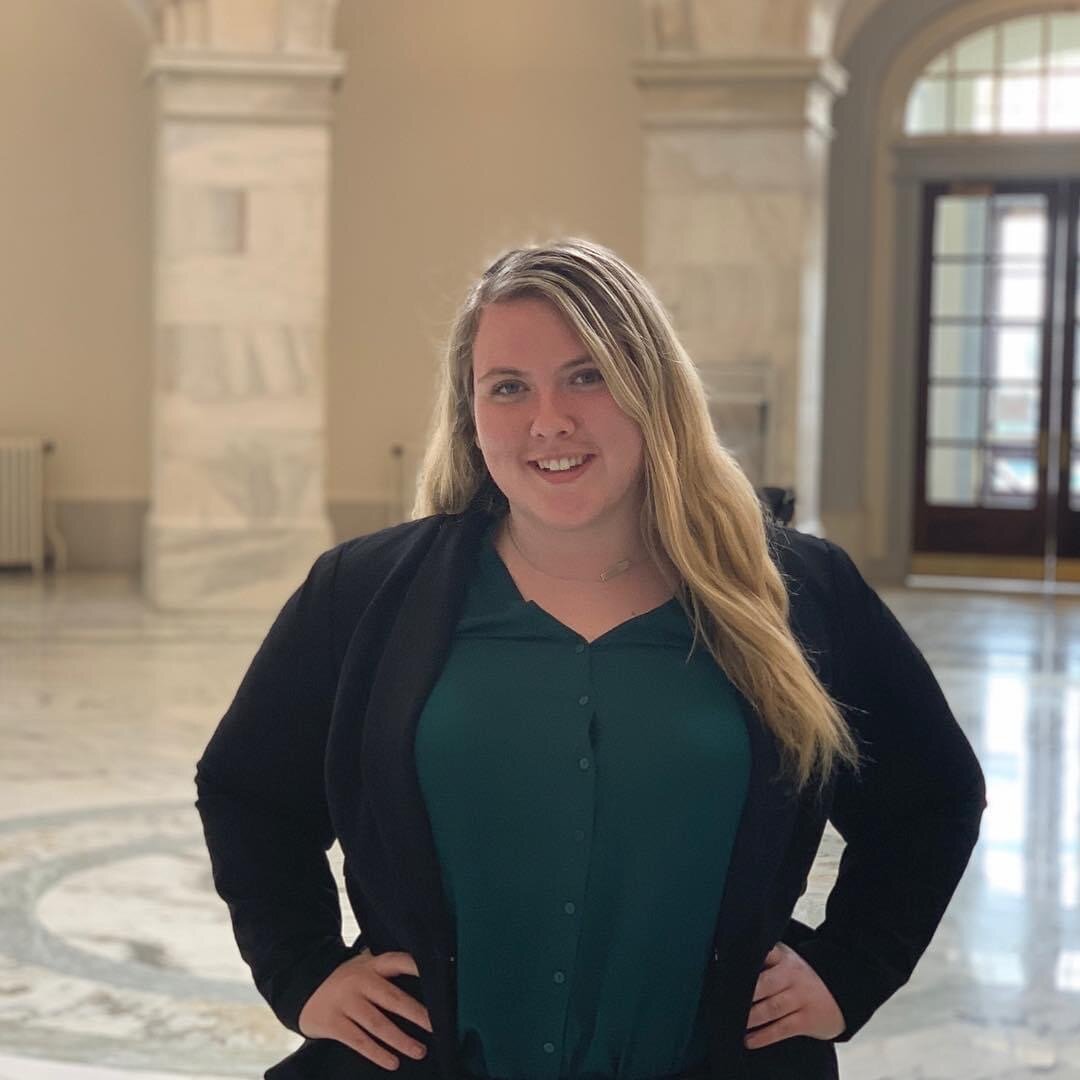A Gen Z Perspective on Being a Global Citizen
The advent of the internet and social media has shaped Generation Z since our formative years—the digital age is all my generation have ever known. We have been given access to even the hardest to reach places, all at the tips of our fingers. This vast depth of knowledge, easily accessible through a screen, compounded my interest in cultures, languages, and world issues and set me on the path towards a career in international development.
In addition to the internet, I grew up listening to my mother, Kati CEO Kirsten Gagnaire, tell stories about her travels in Mali and Russia when she was younger. And then when I was ten, my mom, brother, and I moved to Ghana because of her work. The experiences of playing with children outside of rural health clinics and being thrusted into a lifestyle that was completely different than what I was used to was formative. This experience, coupled with observing my mom’s career as she traveled the world, meeting with Ministers of Health and global partners, strengthened my yearning to be a truly global citizen. I had seen her photos of mothers and children from India to South Africa and everywhere in between. Now I wanted to take my own.
I attended Long Island University, participating in their Global Studies program which allowed me to travel, study, and work in different countries every semester. This experiential learning approach gave me the opportunity to have my own stories and experiences. From walking in the landfill in La Carpio, Costa Rica that many Nicaraguan immigrants call home, to paddling down the Wanganui River in New Zealand and learning about the rights of nature, these experiences were far more impactful than I could have ever dreamt when reading about them online.
I chose to write my thesis on the impacts of post genocide jursiprudence on transitional justice. I spent four months studying and working in Sarajevo, Bosnia and Herzegovina, collecting interviews and quantitative data to support my thesis. The Bosnia Genocide ended 26 years ago—the beginning of life for many in my generation was surrounded by death. I chose to go to Bosnia for this very reason, to see the impacts of this recent tragedy and how it has influenced the lives of people around my age. And, thanks to the digital age, I have since been able to remain in contact with people that I met through social media.
I chose this line of work because I want to make a positive impact on the lives of those I have come in contact with across the globe. I use these encounters to inform my work—centering humans and experiences in the context of global development projects. I am hopeful to see what Gen Z can achieve through global interconnectedness and how we can work together to better our shared world.
Images: courtesy of Sophie Gagnaire





